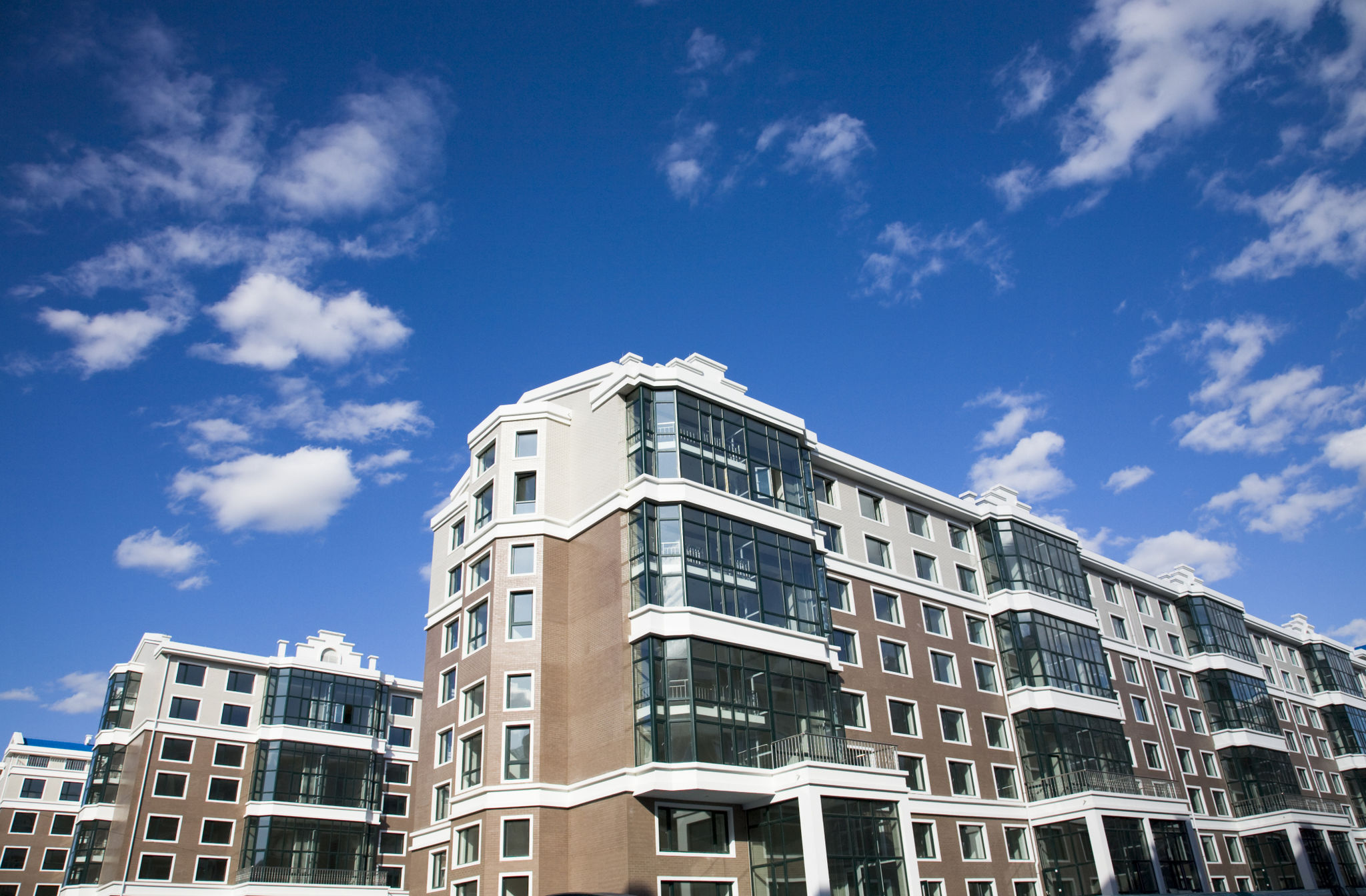Commercial Real Estate Investment: A Guide to Buying Multi-Unit Complexes
MH
Understanding Multi-Unit Complexes
Investing in multi-unit complexes can be a lucrative venture for those looking to expand their real estate portfolio. These properties, which include duplexes, triplexes, and larger apartment buildings, offer the potential for multiple streams of rental income from a single investment. However, understanding the nuances of this type of investment is crucial to reaping its benefits.

Multi-unit complexes are typically categorized by the number of units they contain. They range from small-scale buildings with two to four units to larger complexes with dozens or even hundreds of units. The appeal of these investments lies in their ability to generate consistent cash flow while offering opportunities for value appreciation over time.
Benefits of Investing in Multi-Unit Complexes
One of the primary advantages of investing in multi-unit complexes is the diversification of income streams. Unlike single-family homes, where one vacancy means zero income, multi-unit properties can still generate revenue even if some units are unoccupied. This helps mitigate the risk and provides a more stable income.
Moreover, multi-unit complexes often benefit from economies of scale. This means that the cost per unit for maintenance, repairs, and management can be lower compared to individual properties. Additionally, financing might be more accessible as lenders view these investments as less risky due to their income-producing potential.

Key Considerations Before Buying
Before diving into the world of multi-unit complexes, it’s essential to conduct thorough due diligence. Start by analyzing the local real estate market and understanding the demand for rental properties in the area. Look at factors such as population growth, employment rates, and the availability of amenities, as these can significantly impact property values and rental demand.
Another critical aspect is understanding the financials of a potential investment. Review the property's income statement, expenses, and occupancy rates. It's important to analyze these numbers to ensure the property will generate a satisfactory return on investment. Consider consulting with a real estate accountant or financial advisor for expert insights.
Financing Your Investment
Securing financing for a multi-unit complex can be more complex than obtaining a mortgage for a single-family home. However, several options are available, such as traditional bank loans, government-backed loans, and private lenders. Research each option thoroughly to understand their terms and requirements.

Managing Multi-Unit Complexes
Effective management is crucial to the success of any multi-unit investment. Many investors choose to hire professional property management companies to handle tenant relations, maintenance, and day-to-day operations. This can be particularly beneficial for large complexes or investors who own multiple properties.
If you decide to manage the property yourself, be prepared to invest time in tenant screening, lease negotiations, and property upkeep. Successful management will not only help maintain high occupancy rates but also enhance the property's overall value.
Long-Term Strategies for Success
Investing in multi-unit complexes requires a long-term perspective. Plan for regular property maintenance and upgrades to keep units attractive to potential tenants. Consider implementing energy-efficient solutions or modernizing amenities to increase property value and rental income.
It's also wise to stay informed about market trends and economic indicators that could affect your investment. Keeping abreast of changes in local laws, zoning regulations, and housing policies can help you adapt your strategy and maintain profitability over time.

In conclusion, investing in multi-unit complexes can be a rewarding endeavor with significant potential for profit and growth. By conducting thorough research, understanding financing options, and managing properties effectively, investors can achieve lasting success in the commercial real estate market.